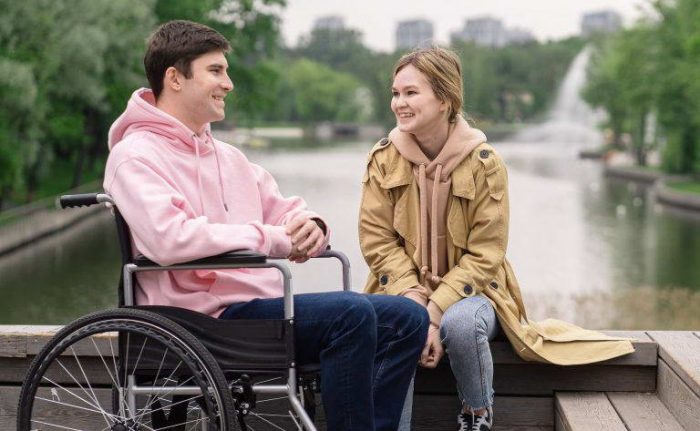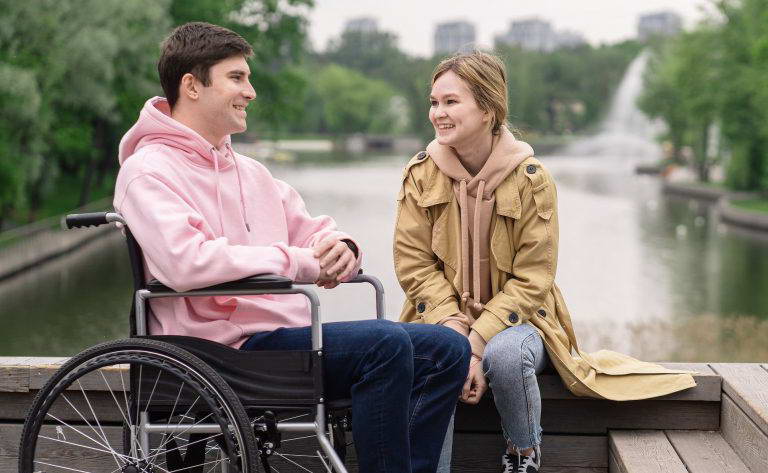The days that the body can last without water, if you stop drinking, are three.
It enters a spiral in which blood pressure drops, the heart contracts less, sends less blood, circulatory shock occurs and death occurs.
However, no lack of sex brings the body to a critical point.
 With this example, perhaps a bit macabre to start the morning, I wanted to reflect on something that is being mentioned a lot these days.
With this example, perhaps a bit macabre to start the morning, I wanted to reflect on something that is being mentioned a lot these days.
The debate over whether people with disabilities should be allowed to receive sexual assistance.
And it is that one of the main arguments used is that sex is also a need that needs to be covered.
However, as I mentioned, necessity is something essential, like water, food, the oxygen needed to breathe…
Sex, as much as it is attached to that word, does not enter the list.
Allowing it to become a reason to approve the figure of these sexual ‘assistants’ is opening the door to prostitution disguised as something it is not.
How not to extend it to more sectors of the population if we begin to raise our hands? If we give the green light, because we consider sex a basic right, it can also be claimed by a celibate person involuntarily.
Sexual exploitation sneaks up on us, especially if we take a look at who is demanding this ‘service’: mostly men.
But regardless of the demand, no one should become a means to sexual pleasure.
More so if the reason why he provides this assistance is money and not desire (the excuse that he does it of his own free will does not help me if he could dedicate himself to anything else, he would do it).
It is pulled from that pity that can produce the situation of inability to lead a sexual life like the rest . But the fact that it is not like the rest does not mean that you cannot have a sexual life.
Besides that it is the equivalent of denying that people with disabilities cannot be considered sexual partners.
In my opinion, the solution does not lie in regulating this assistance.
Yes in finding alternatives that allow people with disabilities to go out more, get to know each other and have enabled spaces where they can have sexual relations (if we have a bathroom for people with disabilities, why not a hotel room?).
Develop toys or tools that make it easier for them to enjoy their sexuality and, of course, provide specific training so that their partners -and themselves- can become familiar with their way of understanding sex.
That is what would really solve his desire to maintain an active sexual life (eye, desire, not need ).
Otherwise, what we are doing is putting a fish on the table instead of teaching them how to fish.
